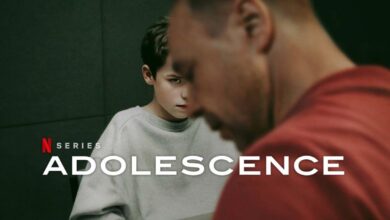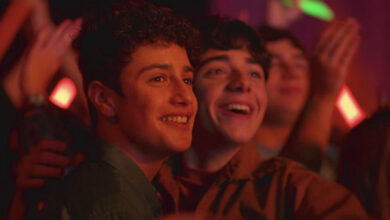The Last of Us Episode 9 Review: Brutal But Poetic And Touching Way | Filmyhype
Cast: Pedro Pascal, Bella Ramsey, Merle Dandridge, Ashley Johnson
Director: Ali Abbasi
Streaming Platform: HBO Max
Filmyhype.com Ratings: 5/5 (five stars)
After weeks of great expectations, tensions, and surprises, the television adaptation of The Last of Us reaches the season finale with the certainty of having made history: with obsessive attention to detail and a production context that is as passionate as ever for the reference work, HBO has built a product that will indelibly revolutionize the world of videogame transpositions. The disruptive force of the work is there for all to see: cast, crew, production design, and screenplay have established a very high standard capable of offering an experience that is as faithful as ever to the spirit of the original material but developed in a critical and reconstructive perspective with an openly ameliorative attitude compared to the source.
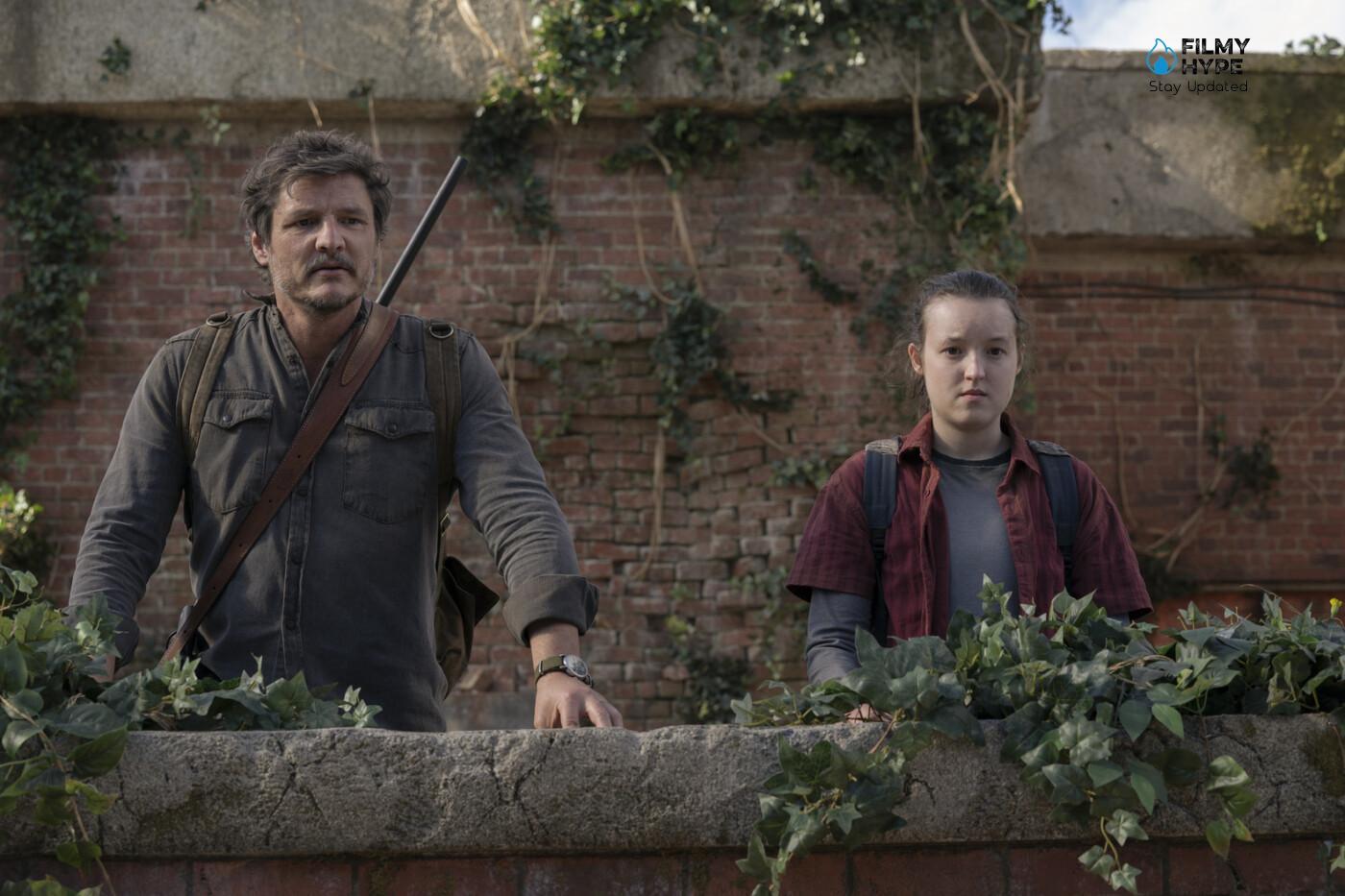
Craig Mazin and Neil Druckmann have brought millions of spectators into the post-apocalyptic world of Cordyceps and have succeeded in the difficult task of telling a story of men, rather than infections. The show’s journey has had a long series of ups and very few downs, maintaining incredible quality each week with episodes that have been able to highlight the great variety of content analyzed by the show. Bella Ramsey had announced that the finale would divide fans, as did the video game with her last act. At the end of the vision, we can confirm that the series has not pulled back this time either to find the right combination of fidelity and innovation.
The Last of Us Episode 9 Review: The Story Plot
After chronicling the horror of Joel (Pedro Pascal) and Ellie’s (Bella Ramsey) worst time in our review of The Last of Us Episode 8, the HBO show takes one last leap to get the characters to their final destination. With extreme timing, however, the journey of the two gets further insight through a background that fans have been waiting for since time immemorial. By observing Ellie’s origins, specifically her birth and what led her to live a difficult life, the show succeeds in the dual purpose of giving shape to memories and offering more openness and perspectives to hitherto only hinted characters. The result turns out to be excellent and is used perfectly to expand the possibilities of the events ready to alternate on the screen. The arrival of the protagonists in Salt Lake City, where the Fireflies should be waiting for Ellie to be brought to them in the hope of finding a cure for the infection, proves to be a melancholy journey seasoned with mixed feelings right from the start.
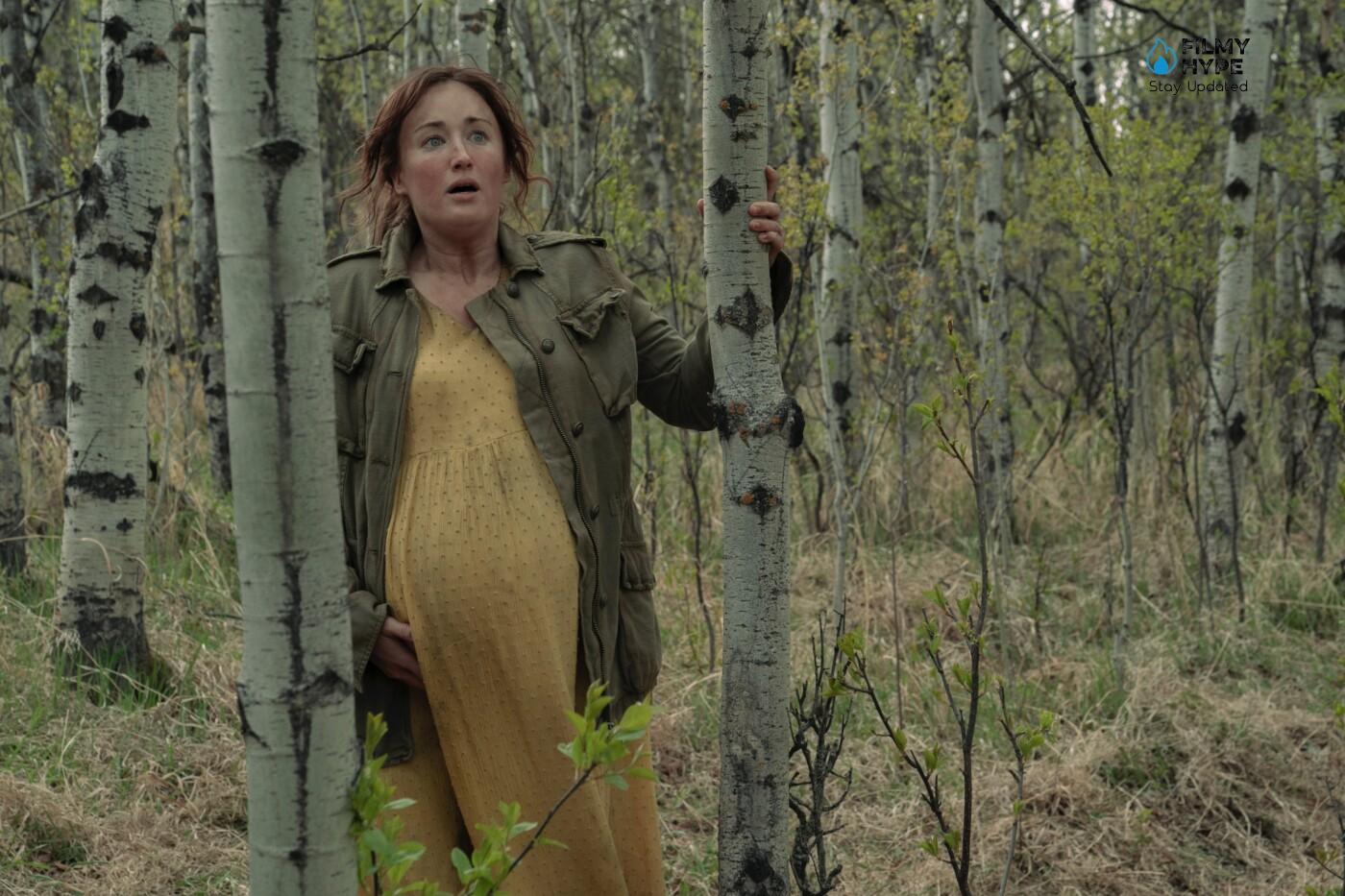
Joel’s duty collides with his sensitivity, while Ellie’s fear collides with the awareness of an already-written destiny. The arrival at the Headquarters and the difficult decisions that follow mark the definitive turning point for the plot of the show in a perfectly congruent way with that of the video game, bringing a new extremely delicate situation for those directly involved. Between promises to keep and even harder secrets to hide, Joel and Ellie find the end of their journey in the prospect of a new beginning for their lives. Not everything, however, remains unsolved: if the post-Cordyceps world has taught us anything, it’s that every action always leads to consequences. There seems to be no more room for the rottenness of the infected, but only for the sad fallible fate of men, annihilated by their fragility and by the chains of bonds. Between those who are overwhelmed by it and those who can’t help it, every choice in The Last of Us confirms the indissoluble connection between action and reaction, confirming (if there were still any doubts about it) that man’s worst enemy is found inside him.
The Last of Us Episode 9 Review and Analysis
With extreme surprise compared to the initial expectations, what can be deduced right away is that the last episode will undoubtedly have undergone a strong position taken by Neil Druckmann in the writing phase: the development of the episode is almost completely identical to the sequence’s endings of the Naughty Dog video game, except for the very interesting additions on Ellie’s mother. The poetic choice of having Anna played by Ashley Johnson, the actress who “gave life” to the character in the videogame saga, closes the circle of a backstory on which Mazin and his associates have been working for some time. But that’s not all: the development of the various situations on the screen, thanks to epochal staging and goosebumps, recreates the sequences of the game with absolute precision managing to make each scene appear even more heartfelt and gray in the eyes of the observer.
The quality of the environments of The Last of Us left you speechless from start to finish, seasoned by the great work done on the sound and the interesting musical hints in the second part of The Last of Us. Directed by Ali Abbasi who proves attentive and intriguing, Mazin’s script pierces the screen and loads every frame with meaning to explode in the finale that everyone was waiting for. One of the most epic moments in the history of video games lives again in an episode full of passion, which, although appearing slightly frenetic compared to the original work, undoubtedly obtains the same, unsettling result. Step by step, the alchemy between Pascal and Rasmey makes itself felt more and more, leaving room for glances and the unsaid with an arrogance that makes the blood freeze. Perhaps for the first time, some gaps can be felt to keep up the pace, but even in this case, the narrative emerges head-on, relying on the strength of its history.
Of course, the attitude of the cast and the spectacular overall performance alone is worth the success of the episode. Mixing violence and horror in the most terrifying way possible, in a moment of total moral freezing, The Last of Us is preparing to displace viewers from all over the world with a disarming humanity, not in its greatness, but in its darkest coils. A game of nuances that deserves far greater insights, but which enters forcefully among the most significant moments of the television season. After dealing with pain, sacrifice, love, and abandonment, the protagonists come face to face with a desire that almost made them forget their destination during the journey.
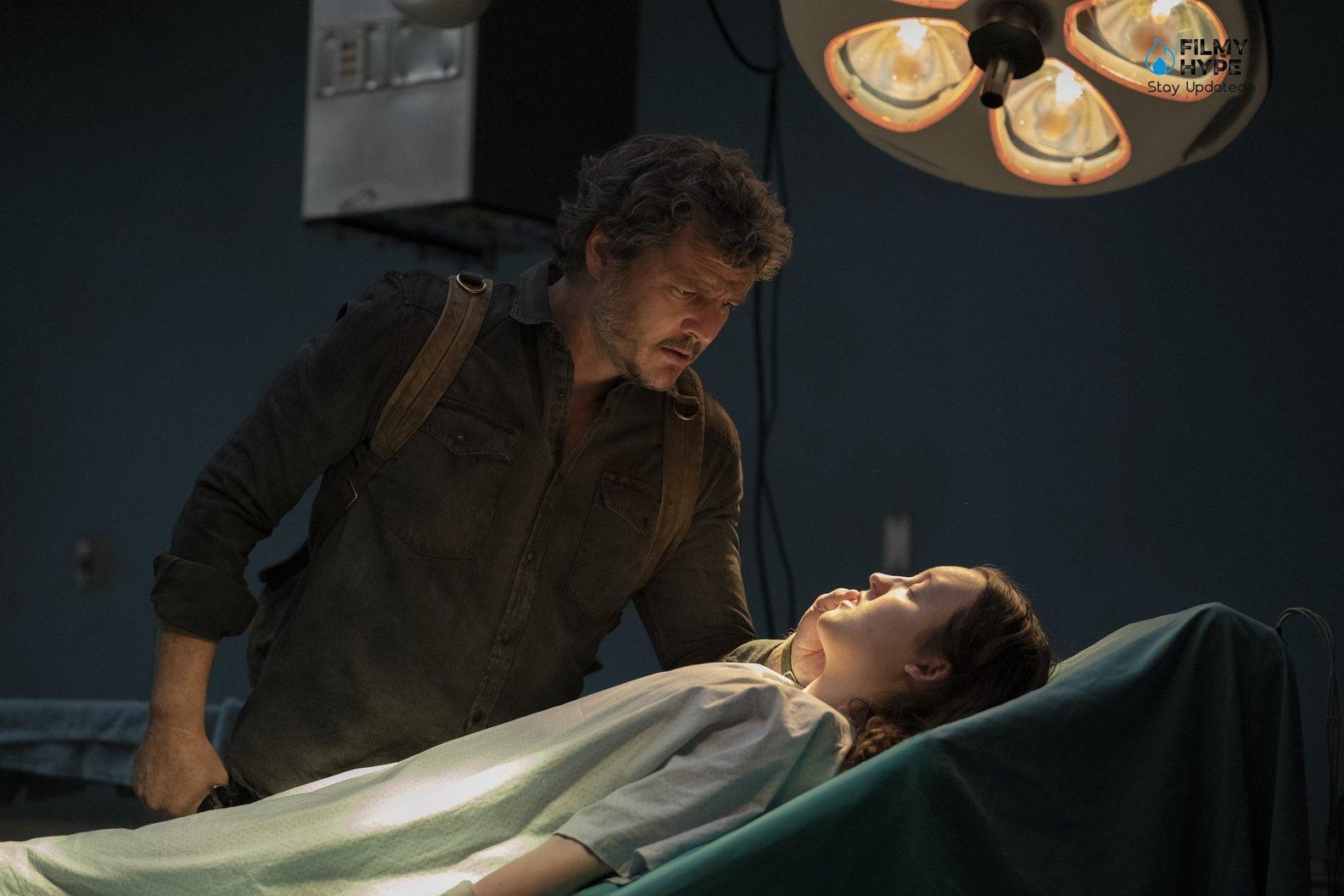
Having reached the end of the journey, with two gazes that intertwine in their fears and their pain, The Last of Us shows a pale glimmer of hope for two marked lives, but now impossible to separate. Man proves to be the main architect of the destiny of the world, for better or for worse, but for these characters, there is something that goes even further. If it is true that there is no escaping pain, the HBO series proves that giving up love is something even more difficult. This message, however dramatic in its implementation, leads the show to tell something unique in its kind. For this reason, even in its darkest moments, this work never ceases to amaze me.
In narrating the apocalypse, Craig Mazin has managed to keep the focus on men, and this result alone is enough to elevate the work to another level. If we add the analysis and the psyche of each element presented, the pathos of each scene, the great care and passion shown in the characters and their stories, their emotions and their fears, the series that told the community and the misadventures of the last remaining has managed to make a small, big revolution. Faced with the first wind of a new life, we can only await the next steps of the journey with interest. The episode opens with a flashback that takes us back to the day of Ellie’s birth, we meet her mother and Marlene, discovering the bond that united them.
We also learn why Ellie is immune to cordyceps, and how she could help save the rest of mankind. In the scene interpreted by Ashley Johnson to better outline the path of this story and its characters, the actress in the part of the protagonist’s mother is the same one who in the video game gave Ellie’s face and movements, in a passage of the baton in our opinion particularly nailed it. The return of spring after the hardships of winter is the perfect reading key for the first half of the episode, up to the meeting with the Lights. Joel is overcoming the trauma of losing his daughter thanks to Ellie, but she, after the terrible encounter with David, manages to rediscover the innocence and wonder that seemed lost. The sequence with the giraffes manages to perfectly symbolize this sense of renewed hope that permeates this portion of the story.
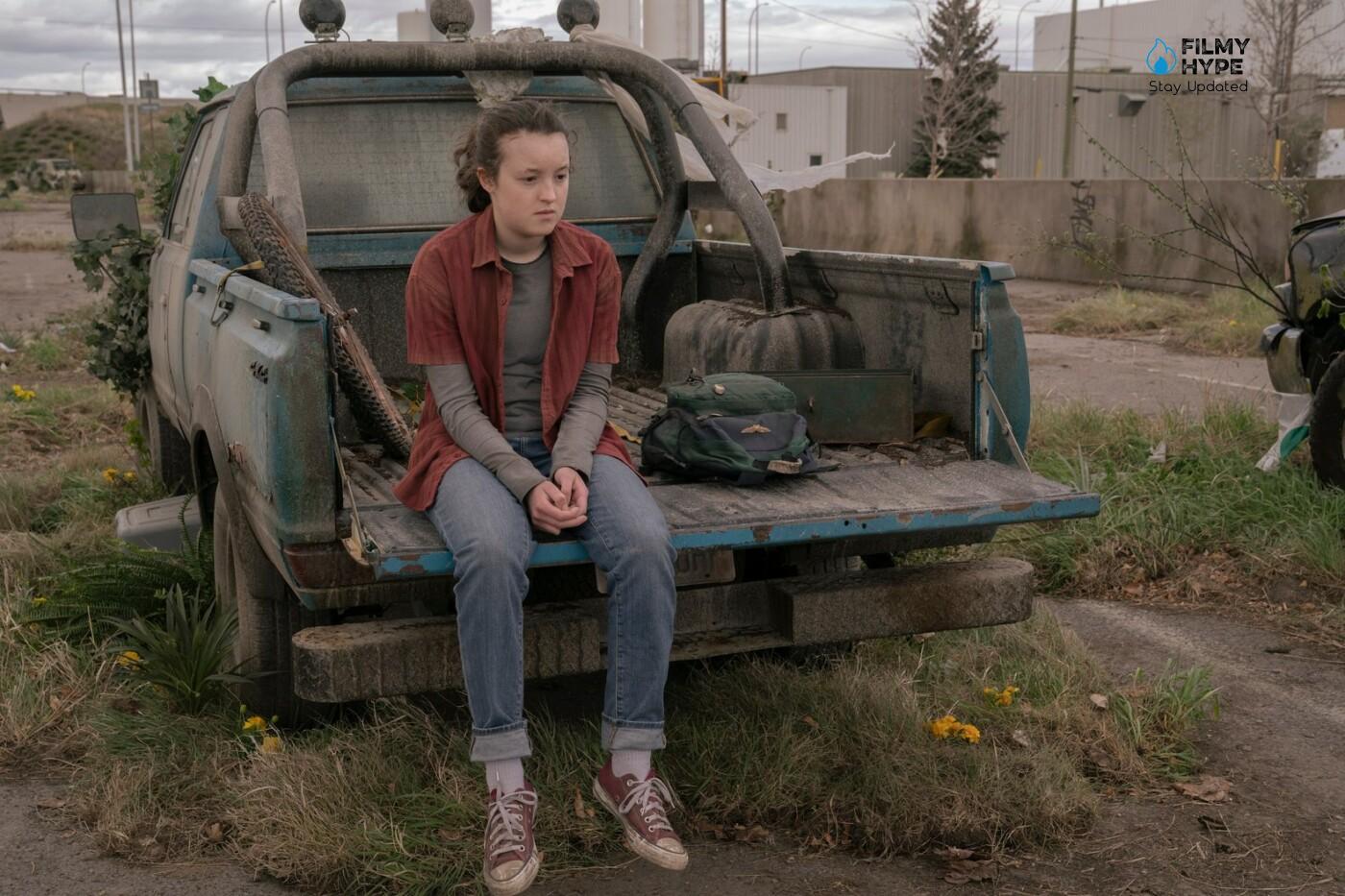
The passage therefore to the second part of Look for the Light is even more abrupt and unexpected. When the situation seems to turn for the better, we are violently brought back to reality, and the hope that a better future lies ahead for our protagonists is suddenly denied to us. The good of humanity is independent of that of individuals and, unfortunately, Joel must collide with a truth that he had not even taken into consideration until then: what if Ellie had to sacrifice her life to give all the others a chance? Would he be willing to lose another daughter, even if in the name of the greater good? Joel’s reaction is far from unexpected, it is indeed perfectly consistent with the path of his character.
As soon as she had found a reason to go on (beautiful, to understand how Joel has changed throughout the story, the scene in which he confesses to Ellie that he attempted suicide after Sarah’s death), the world threatens to take her away again. And he is willing to do anything to prevent it; also, to give vent to the more brutal and ruthless side of him (which we had a taste of in the previous episode). The viewer is shocked by the final sequence of the episode, in which the hero suddenly transforms into the villain, but even if what he does seems ethically so wrong, it is almost impossible to blame him. Indeed, the moment in which we follow him as he makes his way to the hospital in search of Ellie is perhaps also the one in which we feel him closest, so human in his absolute selfishness.
The ending of The Last of Us is exactly what we would have hoped for in this series, the confrontation between Joel and Ellie in the last scene seemed perfect to close an adventure that lasted for nine episodes, perfectly in line with what was made clear of the two protagonists in the previous eight episodes. With hindsight we see how their fate had already been announced to us in the fifth episode, their narrative arc is somewhat specular to that of Sam and Henry: even in that case a “selfish” choice had been made (saving Sam by sacrificing the leader of the resistance) putting the good of the individual before that of the community. After such an ending, we can only look forward to the arrival of the already announced second season: What future lies ahead for Ellie and Joel? If The Last of Us has taught us something we have only one certainty: it will be bittersweet but more exciting than ever.
The Last of Us Episode 9 Review: The Last Word
The finale of the first season of The Last of Us clings to Joel and Ellie with all its might, providing context to the last remaining unresolved questions and then exploding in its unexpected consequences. Seeing the video game’s epochal moments on screen is a unique experience that will set the pace for subsequent productions and that doesn’t hesitate even for a moment to take the right risks. A conclusion is worthy of a production that will leave its mark and trace a new route for video game-themed transpositions. The conclusion of The Last of Us is exactly what we expected from the best series of the last period. An episode more exciting than ever closes the series in a brutal but poetic and touching way.



